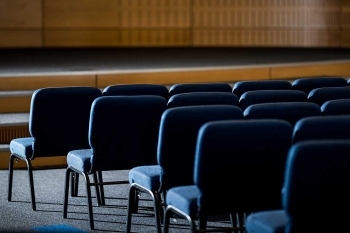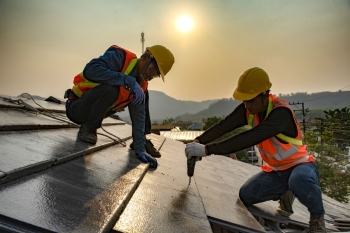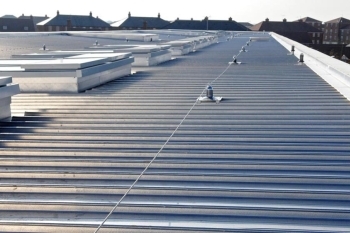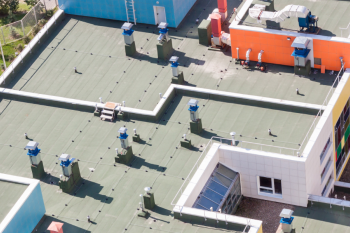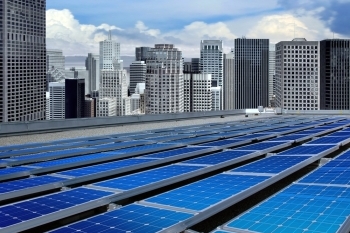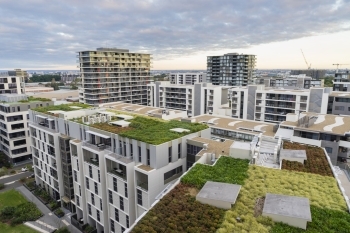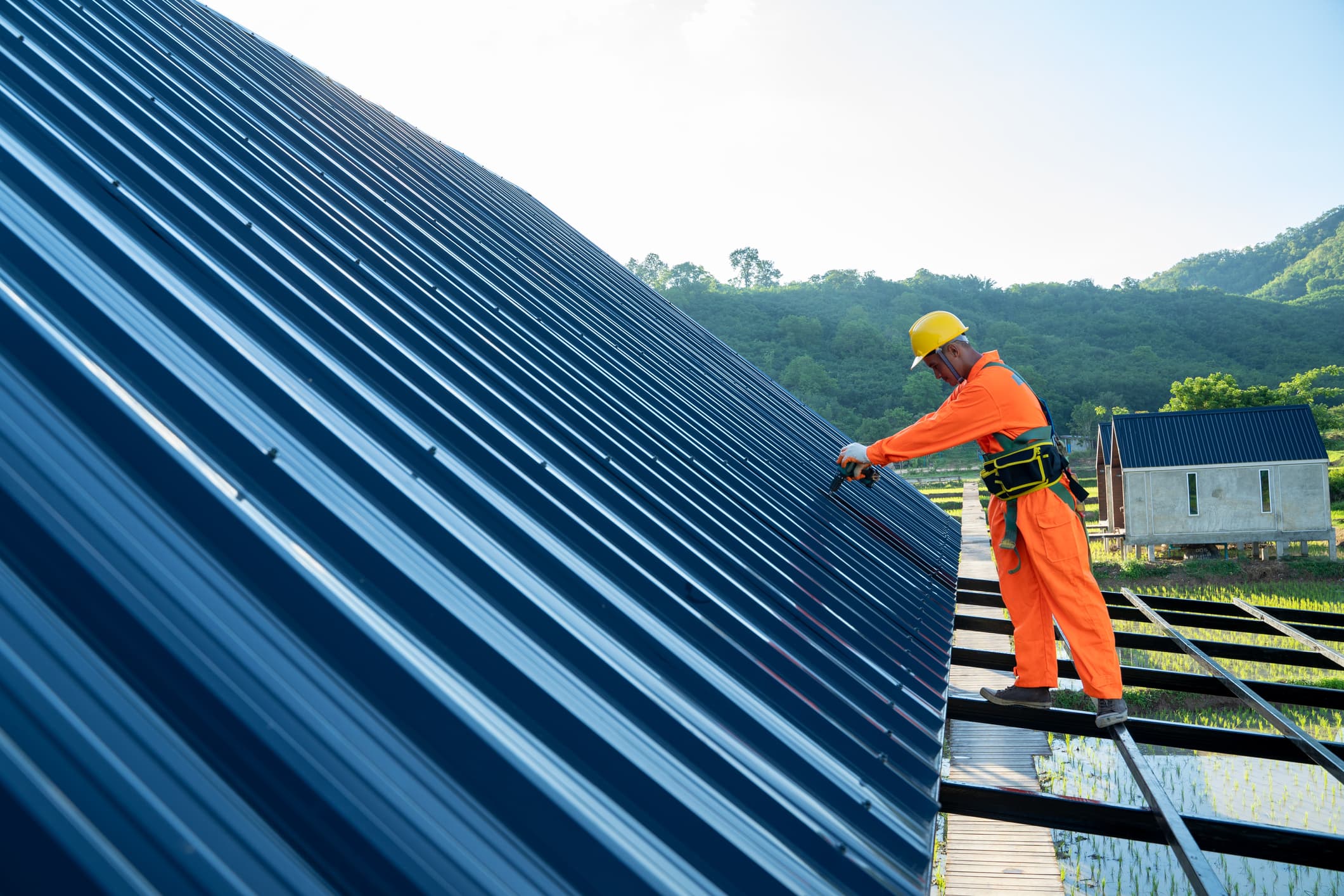
Key Factors to Consider When Planning a Commercial Roof Replacement
A commercial roof is a vital component of any business property, providing protection against the elements and ensuring the safety of occupants and valuable assets. However, as commercial roofs age and sustain damage, the need for a roof replacement becomes inevitable. Planning a commercial roof replacement requires careful consideration and attention to various factors to ensure a successful and cost-effective project. In this article, we will explore the key factors to consider when planning a commercial roof replacement.
1. Roof Inspection and Assessment
Before embarking on a roof replacement project, conduct a comprehensive roof inspection and assessment. Engage a professional roofing contractor to evaluate the current condition of the roof, identify any structural issues, and determine the extent of damage or wear. A thorough assessment will provide valuable insights into the scope of work required for the replacement.
2. Material Selection
Choosing the right roofing material is critical for the success and longevity of the replacement project. Consider factors such as the building's location, climate conditions, and budget when selecting roofing materials. Common options for commercial roofing include single-ply membranes, metal roofing, built-up roofing (BUR), and modified bitumen. Each material has its advantages and disadvantages, so ensure your choice aligns with the specific needs of your commercial property.
3. Energy Efficiency and Insulation
Energy efficiency is a growing concern for businesses seeking to reduce operational costs and environmental impact. During the roof replacement process, consider incorporating energy-efficient features such as reflective coatings, insulation, or cool roofing materials. These additions can help improve thermal performance, reduce heating and cooling expenses, and contribute to a greener building environment.
4. Roofing Contractor Selection
Selecting the right roofing contractor is crucial to the success of your commercial roof replacement. Look for a contractor with extensive experience in commercial roofing projects and a track record of successful installations. Ensure that the contractor is fully licensed, insured, and bonded to provide protection for both parties during the project. Request references and reviews from previous clients to gauge the contractor's reliability and workmanship.
5. Budget and Project Timeline
Establish a realistic budget and project timeline for the roof replacement. Factor in the cost of materials, labor, disposal of the old roofing, and any additional features or upgrades. Work closely with the roofing contractor to obtain accurate cost estimates and set a reasonable timeline for completion. Adequate planning ensures that the project progresses smoothly and stays within budgetary constraints.
6. Compliance and Permits
Before commencing any roofing work, verify local building codes, zoning regulations, and permit requirements for commercial roof replacements. Ensure that all necessary permits are obtained before work begins to avoid delays or potential legal issues. A reputable roofing contractor will assist in navigating the permitting process and ensuring compliance with all relevant regulations.
7. Disposal and Sustainability
Proper disposal of old roofing materials is an essential consideration in any roof replacement project. Choose a roofing contractor committed to sustainable practices and environmentally responsible waste disposal. Recycling or repurposing old materials whenever possible aligns with green building principles and minimizes the project's environmental impact.
A well-planned commercial roof replacement is a strategic investment in the long-term protection and performance of your commercial property. By carefully considering factors such as roof inspection, material selection, energy efficiency, contractor qualifications, budget, and permits, you can ensure a smooth and successful roof replacement project. Collaborating with a reputable roofing contractor and adhering to industry best practices will result in a high-quality replacement that adds value to your commercial property and offers peace of mind for years to come.
